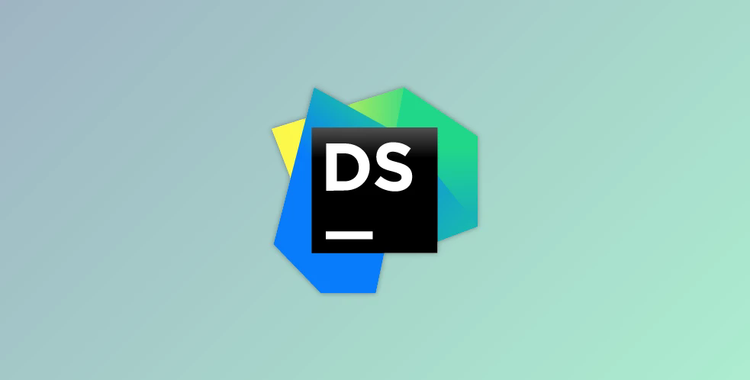
JetBrains DataSpell emerges as a game-changing Integrated Development Environment (IDE) designed to cater specifically to the needs of data scientists and analysts. With its robust features and intuitive interface, DataSpell aims to streamline the data science workflow, offering a powerful platform for data exploration, analysis, and visualization. JetBrains, known for its commitment to developer productivity, extends its expertise to data science with DataSpell, ensuring that coding for data-driven insights becomes intuitive and efficient.
At the heart of JetBrains DataSpell is its intelligent coding assistance tailored to the intricacies of data science. The IDE provides features such as intelligent code completion, real-time error checking, and context-aware suggestions, enabling data scientists to focus on the logic of their analyses rather than wrestling with syntax intricacies. This competent coding assistance significantly accelerates the data science development, ensuring insights are derived more swiftly and accurately.
DataSpell seamlessly integrates with popular data science libraries and frameworks, including but not limited to NumPy, Pandas, Matplotlib, and TensorFlow. This broad compatibility ensures data scientists can effortlessly leverage their preferred tools and libraries within the IDE. Whether working on exploratory data analysis, machine learning models, or statistical analyses, DataSpell provides a cohesive environment that caters to the diverse needs of data science projects.
Furthermore, JetBrains DataSpell facilitates a visual and interactive approach to data exploration. The IDE comes equipped with data visualization tools that allow users to create interactive plots and charts directly within the development environment. This real-time visualization capability empowers data scientists to refine their analyses iteratively, gaining immediate insights into the underlying patterns and trends within the data.
With DataSpell, JetBrains extends its reputation for user-centric design and developer empowerment to the data science domain. The IDE ensures an efficient coding experience and emphasizes collaboration and reproducibility. By providing version control integration, collaborative coding features, and support for Jupyter Notebooks, DataSpell enables data scientists to work seamlessly in team environments while maintaining the traceability and transparency of their analyses. JetBrains DataSpell is a catalyst for transforming data science coding from a technical challenge into an explorative journey, unlocking the full potential of data for informed decision-making.
Intelligent Coding Assistance: Intelligent code completion, real-time error checking, and context-aware suggestions for efficient data science coding.
Integration with Popular Libraries: Seamless integration with popular data science libraries and frameworks, including NumPy, Pandas, Matplotlib, and TensorFlow.
Jupyter Notebooks Support: Full support for Jupyter Notebooks allows data scientists to work in a familiar interactive and visual computing environment.
Interactive Data Exploration: Visual and interactive tools for exploring and analyzing data directly within the IDE.
Data Visualization: Built-in support for creating interactive plots and charts enhances data exploration.
Collaboration Features:
Python Ecosystem Support: Full compatibility with the Python ecosystem enables data scientists to leverage various Python libraries and tools.
Project Management and Organization: Features for efficiently managing and organizing data science projects.
Advanced Debugging Tools: Robust debugging tools for identifying and resolving issues in data science code.
Environment and Dependency Management: Tools for managing Python environments and dependencies, ensuring reproducibility and consistency.
Documentation and Markdown Support:
SQL Support: Integration with SQL for querying databases and performing data manipulations.
Conda Integration: Support for Conda, a popular open-source package management system for Python.
Data Import and Export Tools: Facilities for importing and exporting data in various formats for seamless integration with different data sources.
Cross-Platform Compatibility: Compatibility with different operating systems, allowing for cross-platform development and collaboration.
